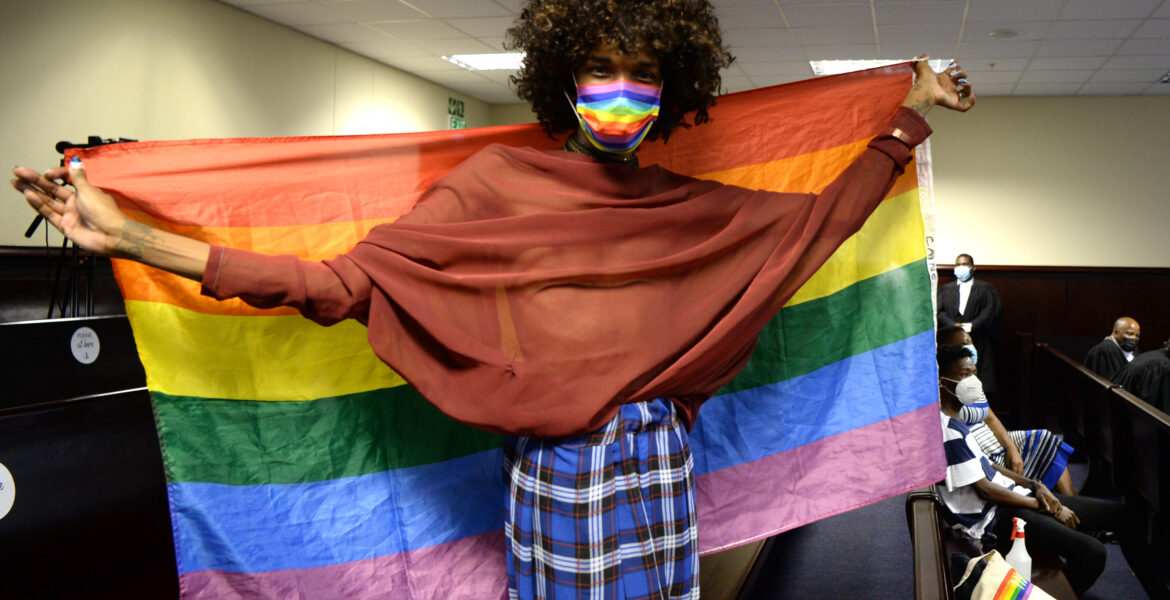- 1966 Constitution continues is blind to gender inequality
- Prohibition of dual citizenship is unconstitutional
- Customary and common law marriages should enshrine gender equality in property matters
GOSEGO MOTSUMI
Making their contribution to the Commission of Inquiry into the Review of the Constitution (Dibotelo Commission) in Gaborone recently, Emang Basadi and political parties shared their two thebes worth on issues concerning citizenship, gender-based violence (GBV), discriminatory inheritance laws and practices, socio-economic rights issues and political participation of women.
“Emang Basadi Women’s Association submission focused on the importance of equal rights to citizenship of women and men, their children and spouses, as is the trend in more modern constitutions,” said the Executive Director of Emang Basadi, Ida Mokereitane.
Prohibition of dual citizenship unconstitutional
The organisation’s publicity secretary, Cheludo Botale, said their Emang Basadi supports the recent case involving Sithabile Mathe, Jonas Mathe, Sunniva Mathe, Edward Egner and Megan Kelosiwang that challenged the legality of compelling their children to choose between the citizenship of either parent before they become adults.
She pointed out that the prohibition of dual citizenship in Section 15(1) and 15(4) of the Citizenship Act No. 8 of 1998 shows how it is unconstitutional and inconsistent with the Constitution of Botswana.
“Emang Basadi recommends that the Constitution of Botswana should have provisions that guarantee equal citizenship through marriage and that the constitution should include aspects of the right to citizenship in the recent judgments.”
Gender equality
While the constitutions of Namibia (1990), South Africa (1996) and Zimbabwe (2013) have provisions on gender equality and provide formal and substantive equality, Botswana’s does not and Emang Basadi recommends having similar provisions.
With regards to GBV, the women’s organisation noted that Botswana is consistently identified as a country with high levels of the scourge and wants the constitution to specifically mention GBV or domestic violence and the measures required to address the violation of women’s rights. Emang Basadi also wants that Section 7 of the Botswana Constitution on protection from inhuman treatment enhanced.
Said Butale: “Discriminatory inheritance laws and practices should be outlawed while customary and common law marriages should enshrine gender equality in property matters, whether in community or out of community of property.
“Discriminatory inheritance laws and practices can lead to women receiving a smaller share compared to male relatives. Upon death or divorce, women can be subjected to discriminatory laws and practices that limit their access and ownership of marital property.”
Socio-economic rights
Furthermore, Emang Basadi indicated that socio-economic rights in Botswana are not judicially enforceable to the extent that they are not provided for in the constitution. This lack of socio-economic rights in Botswana and other African countries is seen as an obstacle to ensuring the safety and well-being of marginalised populations.
In Emang Basadi’s view, socio-economic rights are instrumental in ensuring that the state is able to provide quality life to all its citizens and that everyone reaches their full potential.
“Botswana’s 1966 constitution continues to be blind to gender inequality and areas that mainly need to be reviewed and would strengthen equality and non-discrimination and promote gender equality.”

